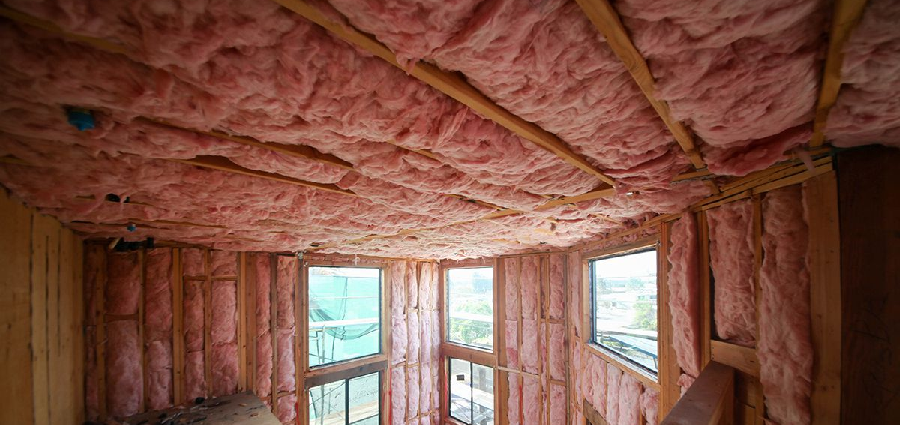Getting a big power bill each month could be quite bothering, all thanks to your home’s inadequate insulation. Not only is your home paying a hefty invoice, but all the warmth is used out of windows and doors. House insulation is ideal for counteracting the electrical output of your unique household. Check out how insulation will help you reduce the amount of energy you use.
Thermal Protection
If you want to make your home more energy-efficient, new insulation is the key. Thermal protection can protect the temperature of your home efficiently and in an energy-efficient manner.
As a homeowner, it makes a lot of sense to insulate your home and maintain its comfort level indoors throughout the year. Redoing your attic and basement insulation is a great way to get access to thermal control for your home.
No More Air Leaks
No one wants to go in your door after you failed to create an effective barrier. Poorly installed or overlooked insulation can be the reason your home is not energy-efficient and has holes in your defence. Holes in windows and doors are the reason your home takes in air.
Air leaks will cause the Stack Effect to accelerate when cold air is moved from indoor to outdoor and vice versa through leaks. That is because airborne leaks cause a hot home draft to be sucked out and replaced, making it hard for outdated homes to be adequately heated or cooled.
Help the Planet and Your Pocket
The work you put in for your energy-efficient home improvements will benefit not just yourself, but also the environment. You’ll be using fewer natural resources to heat your home and will also cut back on greenhouse emissions.
The biggest advantage of all your costs will be lower. You can spend money you’ve saved on home decor or other home-improvement aspirations that could be neglected in the past because of high energy costs.
Prevent Moisture
Sustainable and resistant insulation will enable you to prevent dangerous mishaps, such as risky health conditions or mould development. Insulation is also very moisture resistant and thus saves you time and money you will have spent eliminating the nuisance of mould and wood rot.
Insulation R-Value
When picking insulation, the year-round ambient temperature where you reside is a crucial factor in the R-value of your insulation. Insulation with a higher R-value is more suited to climates with cold average temps, as it’s more resistant against heat transfer.
Knowing your R-value can be the first step in energy-efficient home improvements. Ask your insulation provider for help with determining the R-value in your home, based on your geographic location and weather zone.
Conclusion
Adding insulation to your home is one of the most efficient ways to improve your home’s energy efficiency. There are a variety of insulation options to choose from, so be sure to consult with a professional insulation suppliers Melbourne to find the best option for your home.

